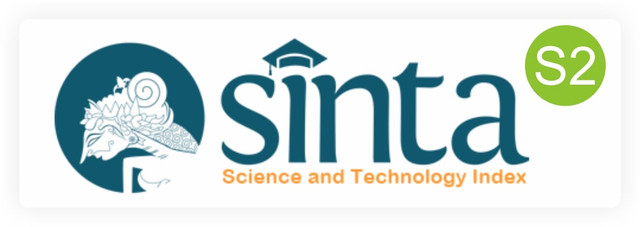EKSTRAKSI ANDROGRAFOLID DARI Andrographis paniculata (Burm.f.) Nees MENGGUNAKAN EKSTRAKTOR SOXHLET
DOI:
https://doi.org/10.12928/pharmaciana.v4i1.402Keywords:
Andrgrapholide, soxhlet, polarityAbstract
Chemical component extraction from plant herbal influenced by various aspect, such as
extraction technique or chemical component character from the plant. Extraction method and solvent
polarity exteremly influence chemical component transfer from the cell of plant to solvent solution.
Soxhlet is extraction system instrument with frequently same solvent extraction based on liquid-steam
circulation process of the solvent. Solvent polarity to extract chemical component of the plant herbal
depend on chemical component character it self and ability to penetrate cell membrane.
Andrographolide, an active chemical component of Andrographis paniculata has been suggested the
most active constituent that responsible to activity of Andrographis paniculata in herbal medication.
This chemical constituen has solubility character in solvent with middle polarity that indicates solvent
election to extract it. This study shows that chemical component extraction of herbal plant influenced
by solvent polarity. Thin Layer Chromatography qualitative analyses indicate that absolute polar and
Andrographis paniculata
nonpolar solvent could not extract andrographolide, different from middle polarity. Andrographolide
extraction with similar solvent and correct method offer extract yield with 16,6% andrographolide.
Downloads
Published
Issue
Section
License
Authors who publish with Pharmaciana agree to the following terms:
- Authors retain copyright and grant the journal the right of first publication with the work simultaneously licensed under a Creative Commons Attribution License (CC BY-SA 4.0) that allows others to share the work with an acknowledgment of the work's authorship and initial publication in this journal.
- Authors are able to enter into separate, additional contractual arrangements for the non-exclusive distribution of the journal's published version of the work (e.g., post it to an institutional repository or publish it in a book), with an acknowledgment of its initial publication in this journal.
- Authors are permitted and encouraged to post their work online (e.g., in institutional repositories or on their website) prior to and during the submission process, as it can lead to productive exchanges, as well as earlier and greater citation of published work.


1.png)











